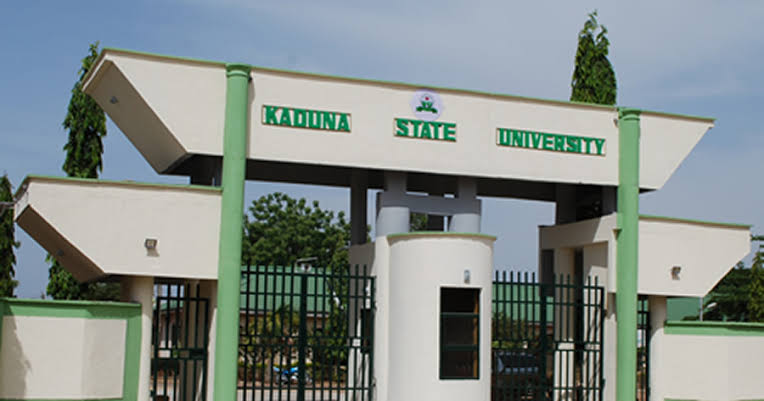By Milcah Tanimu
On July 26, 2024, Finance Minister Wale Edun announced that the federal government has resumed its direct cash transfer scheme, benefiting over 600,000 households. The announcement came during a press briefing in Abuja titled “Economic Recovery and Growth: Progress and Prospects 2024.”
President Bola Tinubu had previously paused the conditional cash transfer initiative on July 18, 2023, to allow for a review amid allegations of mismanagement. The program, managed by the National Social Investment Programme Agency (NSIPA), was suspended for six weeks for investigation.
Information Minister Mohammed Idris, in a radio broadcast in Kaduna, confirmed the government’s plan to restart these social intervention programs. At the briefing, Edun underscored President Tinubu’s commitment to improving the lives of ordinary Nigerians through transparent and accountable social welfare initiatives.
“Since resuming payments, over 600,000 households have received direct transfers this week alone,” Edun reported, according to a statement from Mohammed Manga, the ministry’s director of information and public relations.
Edun highlighted the government’s progress in economic reforms aimed at transforming revenue generation in line with the 2024 budget. He noted the government’s decision to end reliance on the ways and means borrowing system, projecting a budget deficit of 4% for the 2024 fiscal year.
While acknowledging the temporary challenges posed by these reforms, Edun assured that the benefits would soon become apparent to Nigerians. He cited positive outcomes of the government’s economic strategies, such as reduced inflation growth and increased foreign investment compared to the previous year.
Edun also emphasized the government’s priority to lower food prices by boosting local production, a critical measure given the significant impact of food costs on inflation.
Reflecting on the first half of 2024, Edun expressed optimism about the economy’s recovery trajectory. He concluded that with ongoing macroeconomic stability, Nigeria is on a path to sustained and inclusive growth, poised to generate jobs, reduce poverty, and attract both domestic and foreign investments that will enhance the overall welfare of its citizens.





